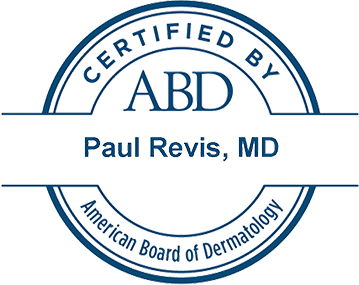Hives
Hives are an allergic reaction in the skin characterized by itchy, inflammed welts that come and go rapidly. Individual lesions can be small and flat, like a pencil eraser, or large and raised, the size of a dinner plate. The condition may persist for days to months, as lesions come and go throughout the body. Allergic reactions to both prescription and over-the-counter medications can trigger hives, and in these cases the suspected medication needs to be stopped immediately. Aspirin and non-steroidal anti-inflammatory agents, such as ibuprofen, are a common cause of hives. Allergic reactions to foods are also a common cause of hives, with peanuts, shellfish, different fruits, and eggs leading the list. However, most cases of hives are idiopathic and have no definite triggering factor. Antihistamines, such as oral benadryl, can treat the hives and provide relief from itching. Physicians often advise non-sedating, long-acting antihistamines, such as Allegra, which will often provide relief for up to 24 hours from a single dosage. Allergy testing is not usually recommended, unless the hives persist longer than six weeks. Even in cases of hives that are evaluated with blood and allergy testing, it is rare to find a definite cause. Severe cases of hives may be associated with tissue swelling, and can cause swelling of the eyelids, tongue, lips, and throat, sometimes making it difficult to breath. If these symptoms occur, a 911 emergency call and a trip to the emergency room should be made immediately.



